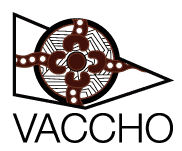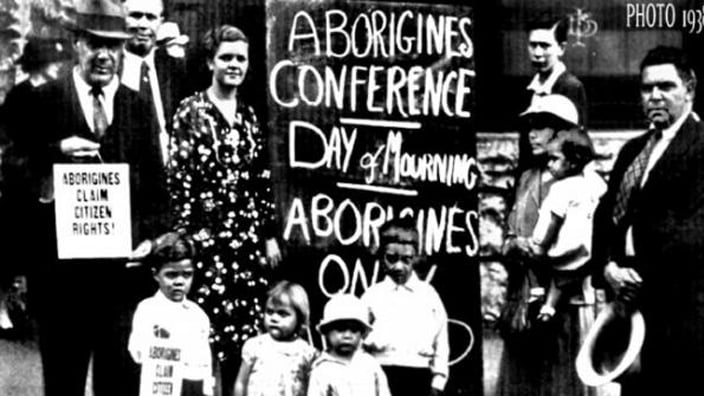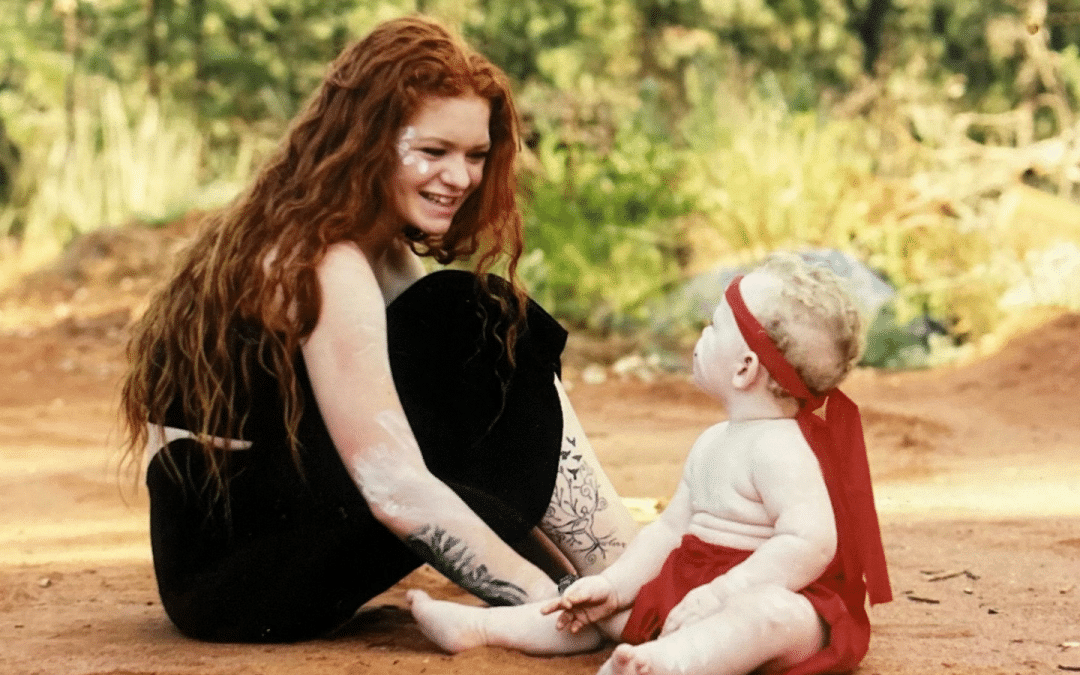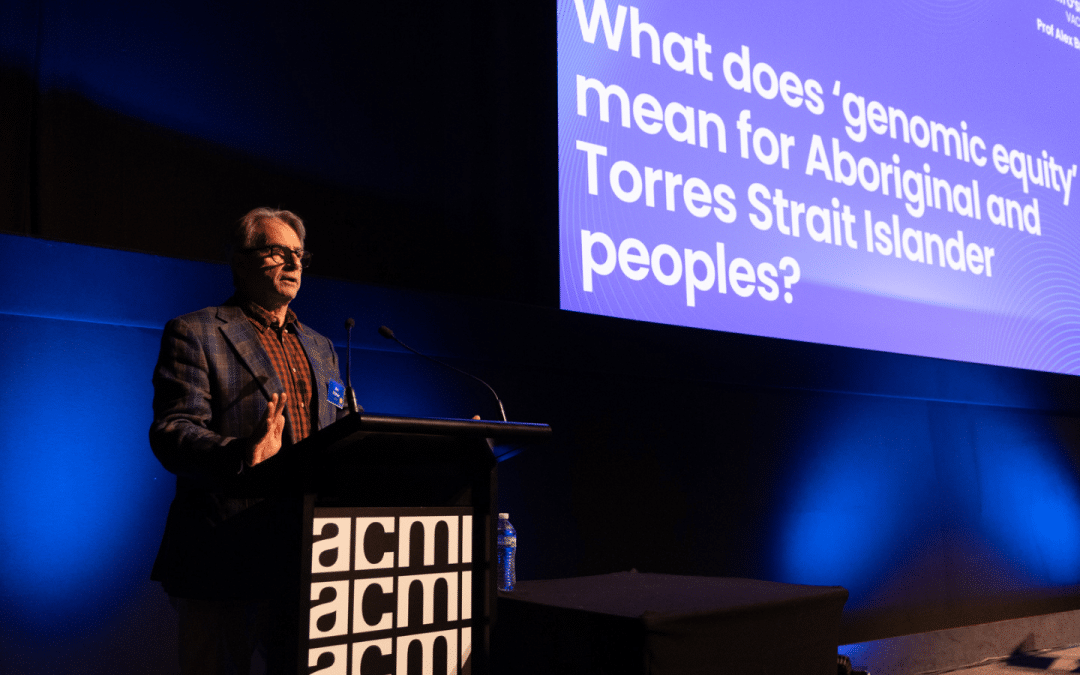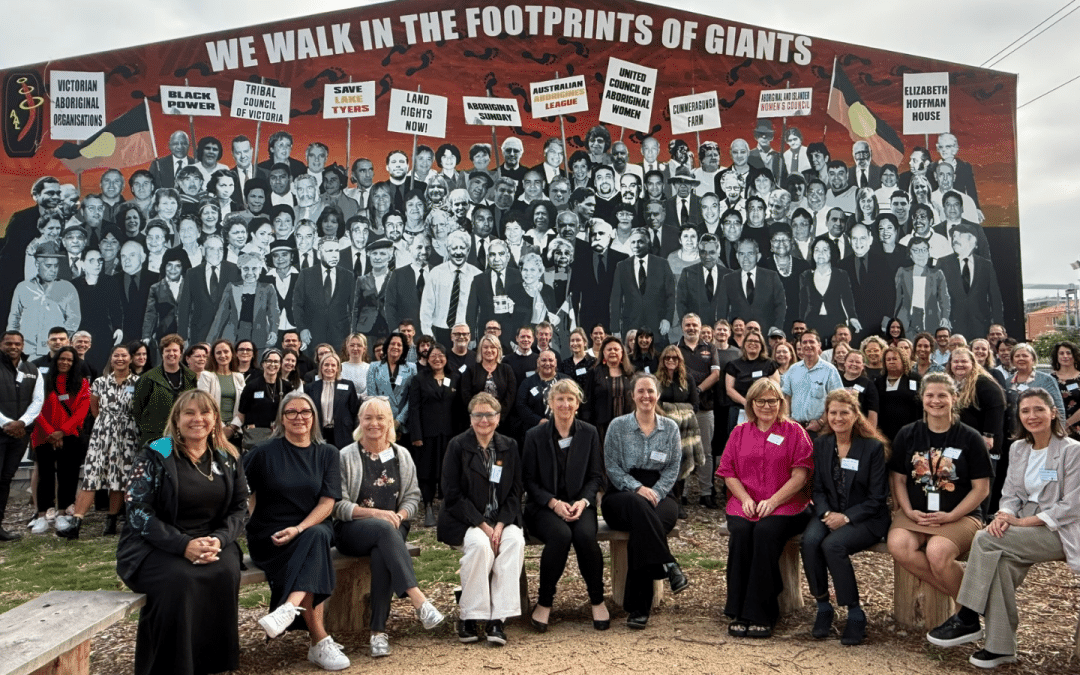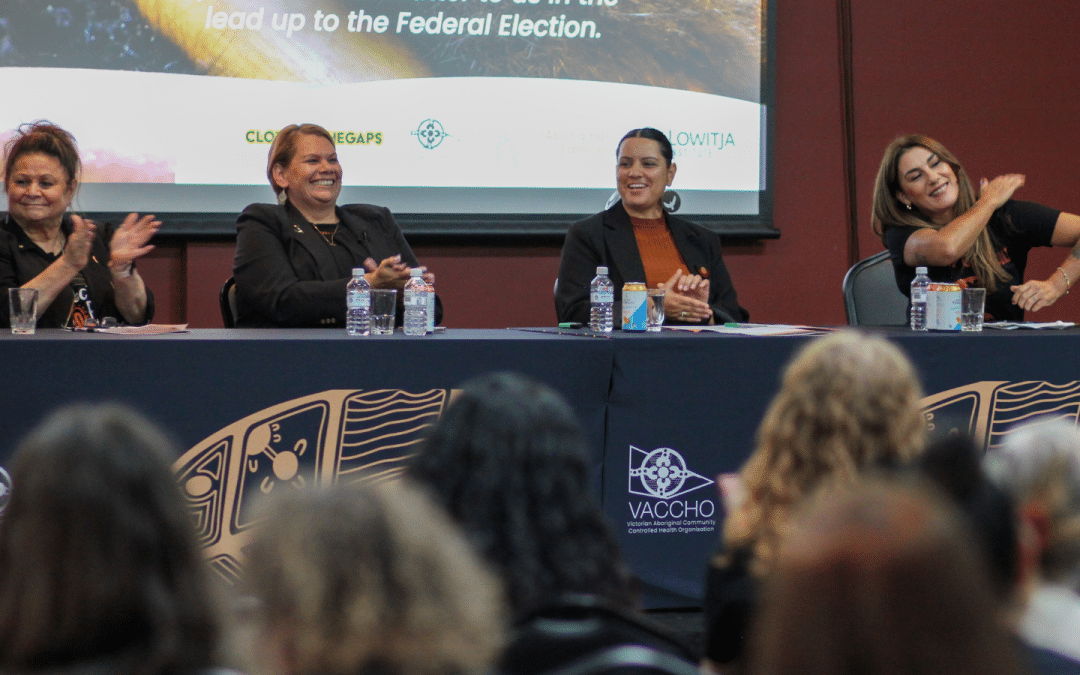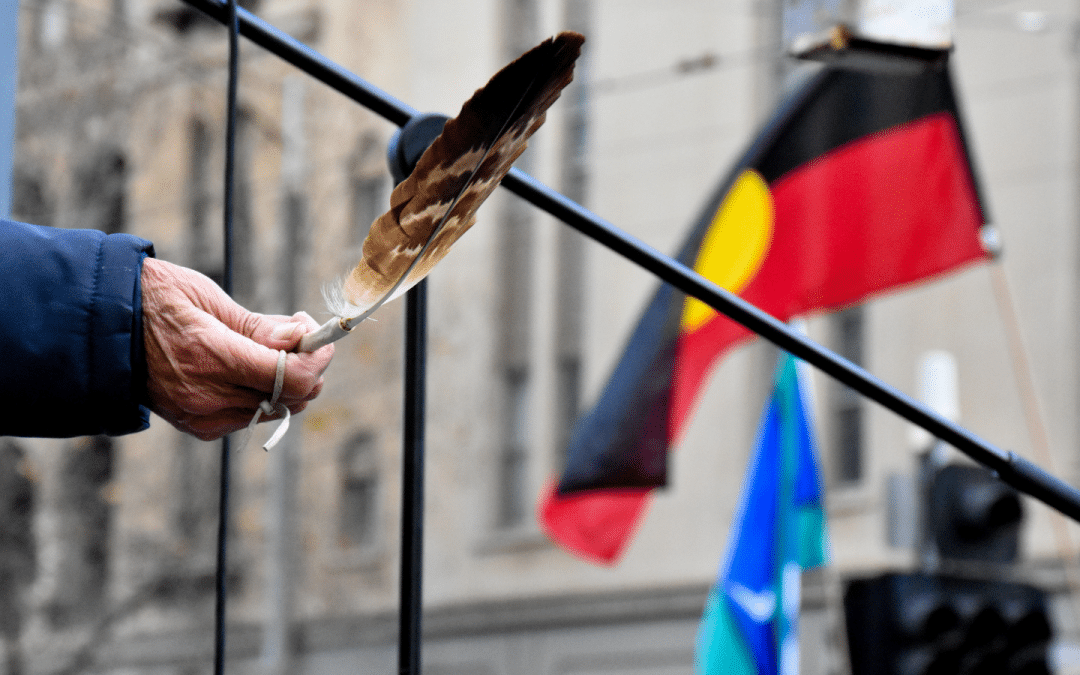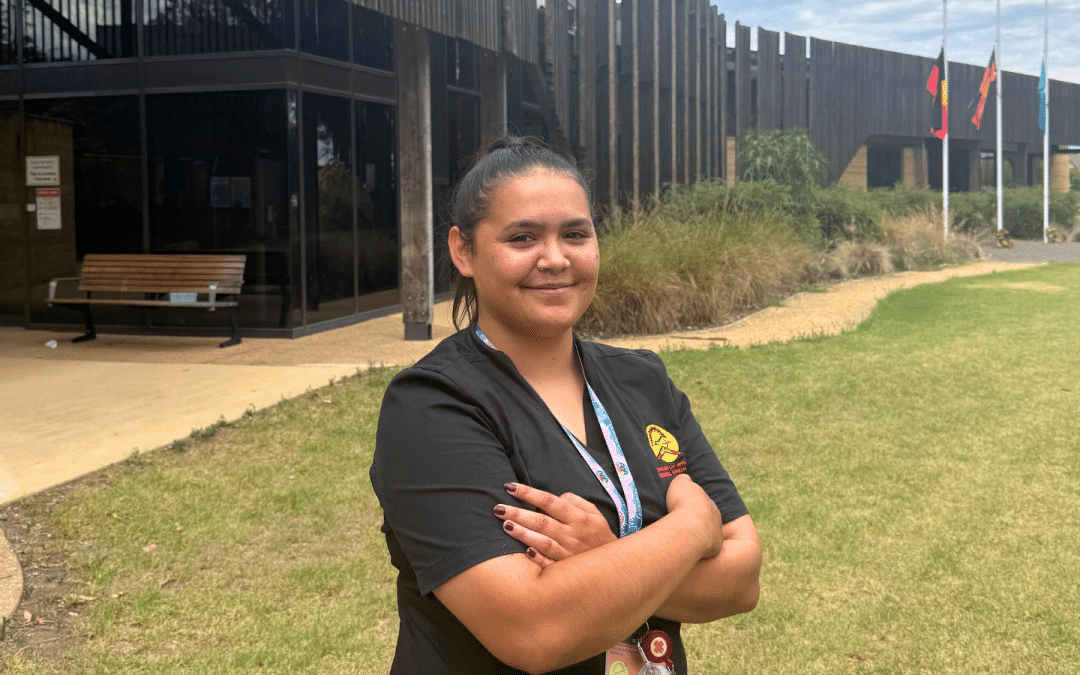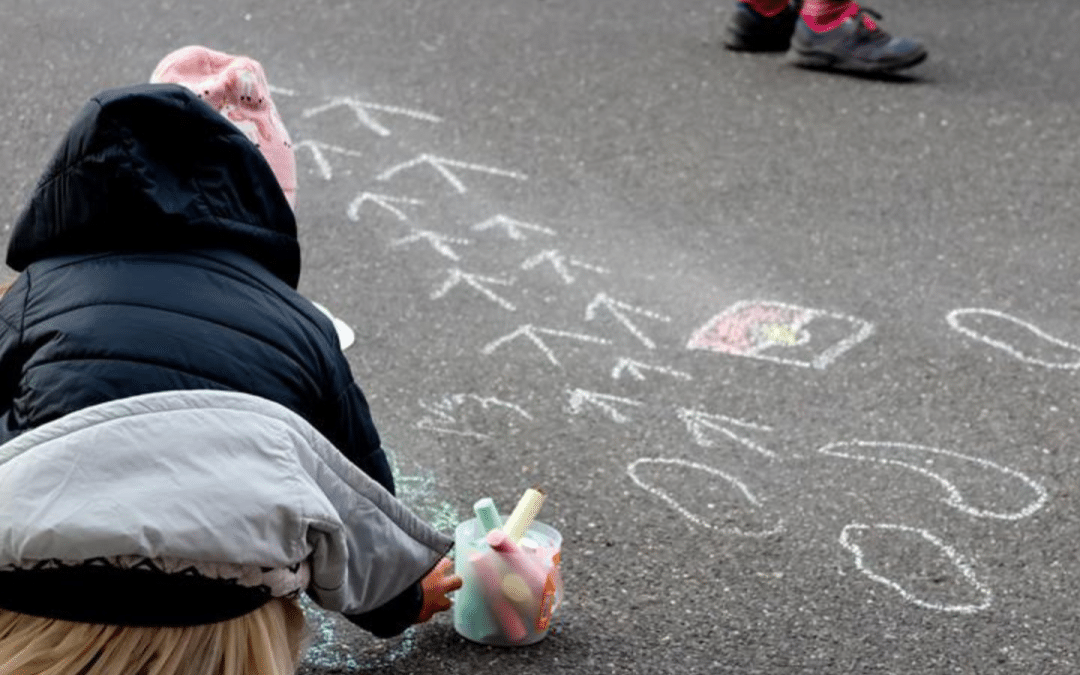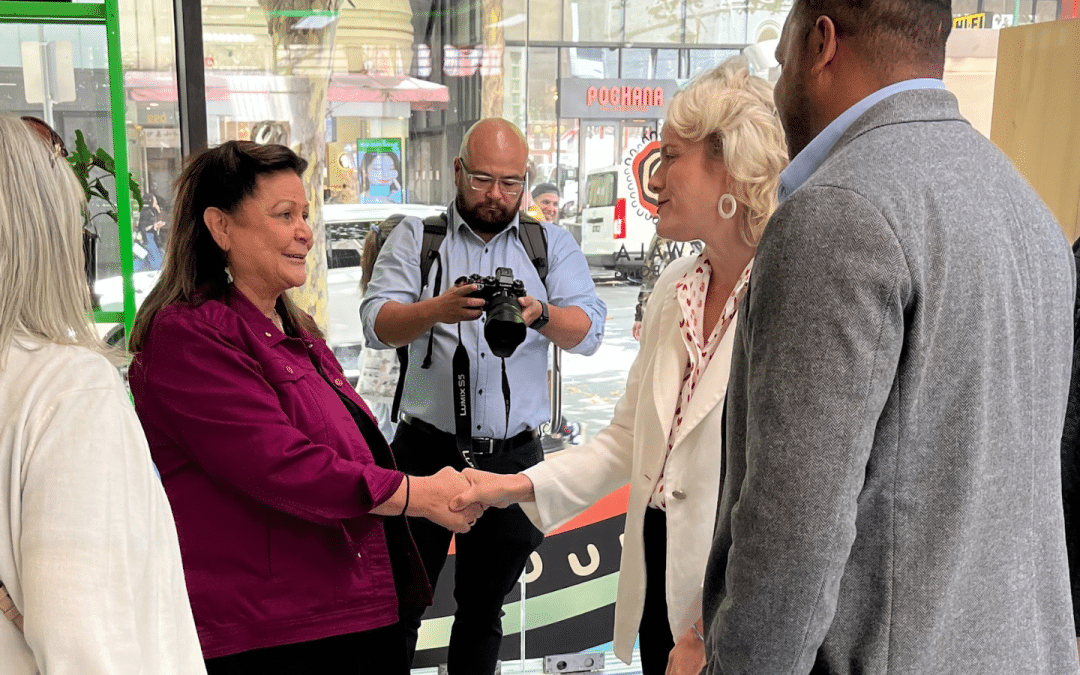Invasion Day. Survival Day. Day of Mourning.
Every year when January 26 comes around, I feel a deep pain – a feeling shared by my family and community.
January 26 should not be reserved for celebration but rather reserved for mourning.
This is not a new concept – the Day of Mourning was first held 84 years ago on 26 January 1938. This was followed by the Tent Embassy – a permanent protest that formed on the lawns of Old Parliament House 50 years ago on 26 January 1972.
Every year, this day rolls around and we see thousands take to the streets in rallies across the nation and yet repeated hesitance from government to make any changes – an ongoing disregard of Aboriginal and Torres Strait Islander voices, which frustratingly falls on deaf ears.
It is well and truly overdue – but it is time for government to listen and just make the change.
The nationally declared “Australia Day” public holiday – just 28 years young – at its core celebrates colonisation and genocide of our ancestors.
This year’s official Australia Day slogan – Reflect. Respect. Celebrate. – highlights the continued disrespect, insensitivity and arrogance towards hurt and pain that lives and breathes to this day.
Shame.
Ignoring the hurt and pain is a shameful display of a system that works against us and continues to widen the gap we have committed to close.
This brings me to my first question:
How can the gap close if “Australia Day” signifies horrendous atrocities designed to eradicate this nation’s First Peoples?
When Union Jack flags and British boats arrived on our shores at the turn of the nineteenth century our society was thrown into chaos.
Our families were destroyed. Our way of life was destroyed. The impact of the First Fleet’s arrival is still being felt today. The hurt is still here. The pain is still here. The impact of colonisation is very much still here.
If the government really wants to close the gap, they need to take serious action and find a day for a national celebration that suits everyone – especially the First Peoples of this land.
January 26 is not a day to “get on the beers”, January 26 is a day for healing, mourning, and reflection.
When will we see real leadership, acknowledgement and accountability for the hurt that has been caused?
Last year we saw our sitting Prime Minister defending Australia Day by saying those on the First Fleet “had it tough too”.
These comments were disappointing, however, I was not surprised. The Prime Minister’s sentiment reflects the views of many that still don’t get it.
To trivialise the atrocities that our people suffered and still suffer is hurtful and disrespectful to Aboriginal and Torres Strait Islander people.
These sorts of statements do little to aid reconciliation and in turn reinforce the view that Aboriginal and Torres Strait Islander people are not included.
Mind you, I have nothing against public holidays. They provide a valuable opportunity for people to spend quality time with their loved ones.
But for myself and many Aboriginal and Torres Strait Islander people – January 26 is nothing to celebrate.
How much do you really know about the history of this land?
January 26 is a reminder of the Frontier Wars and horrific events that changed the lives of Aboriginal and Torres Strait Islander people for the worse.
It is a reminder of the murder of my ancestors – the Convincing Ground massacre of the Gunditjmara people being one of hundreds of horrendous examples.
Never heard of the Convincing Ground massacre?
I’m not surprised – it is not something they tend to teach in schools. The lack of truth- telling and honesty in Australia’s school curriculums is yet another problem – but I will save that conversation for another day.
January 26 reminds me of children being ripped from their parent’s arms and the many, many inequalities Aboriginal and Torres Strait Islander people experience today: a major gap in life expectancy, health disadvantages and chronic illnesses hindering our way of life.
Over a decade since the Australian Government first committed to closing the gap, we are still not on track to meet the target of equal life expectancy by 2031, we still have too many of our kids in out-of-home care, and too many kids thrown into jail cells.
Young Aboriginal people are 13 times more likely than their non-Aboriginal peers to be under justice supervision on an average day in Victoria.
This is disgusting.
Our brothers, sisters, mothers, fathers, aunties and uncles are dying in custody; more than 500 Aboriginal and Torres Strait Islander deaths in custody since the 1991 royal commission.
Then, of course, there is racism.
Horrific and heartbreaking.
Only last week a Coroners Court of Victoria report highlighted a 75% increase in Aboriginal and Torres Strait Islander suicides in Victoria in the last twelve months.
This is absolutely devastating. This is shameful. This is nothing to celebrate.
So, what do we do about it?
Some have suggested turning days of significance like Mabo Day (June 3) into a national holiday.
However, I feel that doing so would only water-down the true significance of these days.
I believe that it is time for us to press the reset button and create a new day – a new date – that is inclusive for everyone.
A day where we can all celebrate and feel included.
January 26 is not that day. January 26 hurts.
Change needs to be led by Aboriginal and Torres Strait Islander people, with our voices at the forefront, but we need allies around us, and we need non-Aboriginal people to educate themselves and to learn the true history of this country.
We also need a bold and brave government to make this change. Recently we saw the government listen to Aboriginal leaders to free the flag – let’s keep the momentum going and do something about this date.
We can’t keep leaving this conversation unfinished each year – the time for change is well and truly overdue and needs to happen now.
Jill Gallagher is a proud Gunditjmara woman from Western Victoria who has worked within, led and advocated for the Aboriginal and Torres Strait Islander community in Victoria for all her life. Jill is the CEO of the Victorian Aboriginal Community Controlled Health Organisation where she has spent the past 25 years advancing Aboriginal health and wellbeing.
